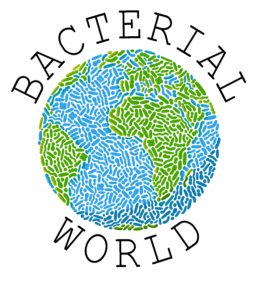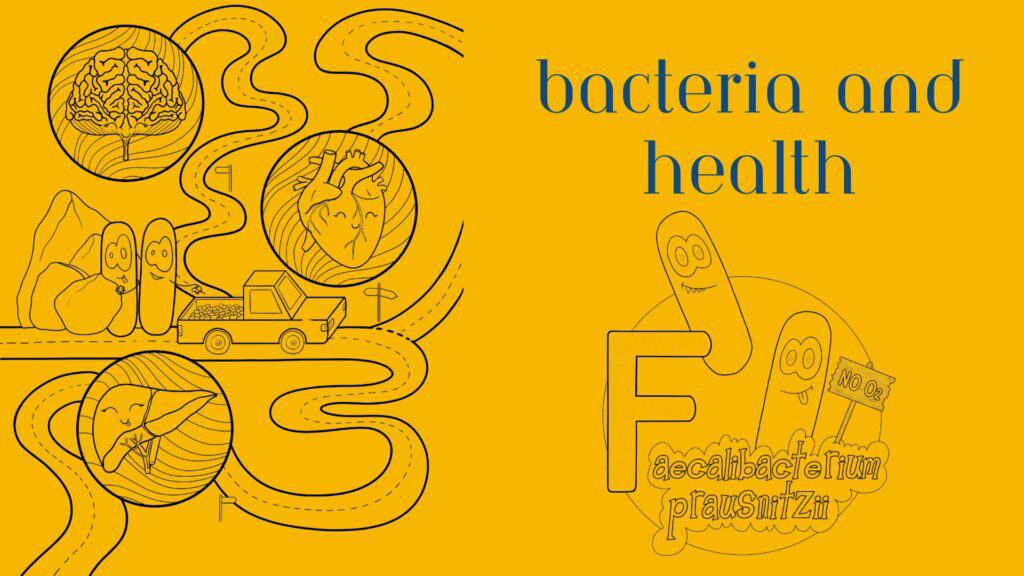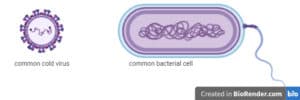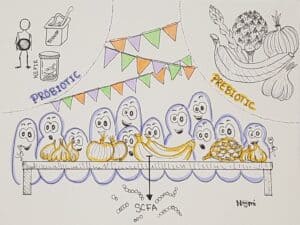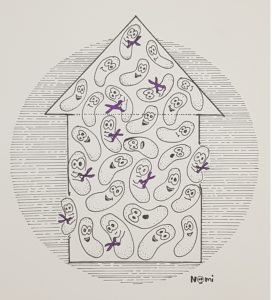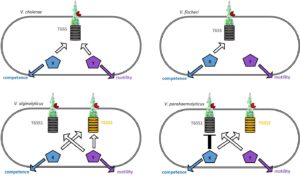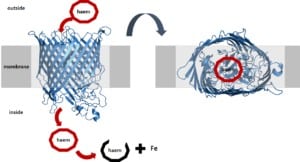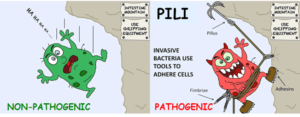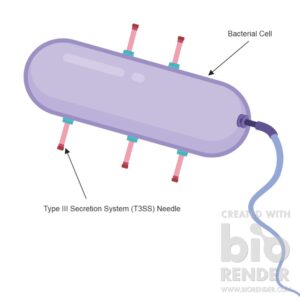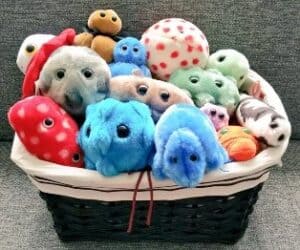
20 interesting microbes everyone should have heard about
The microbial world is super colorful and diverse.
Even though, we sometimes hear too many negative news articles about certain players of the microbial world, we should not forget about all the other interesting and helpful microbes.
To remind you that the microbial world consists of so many more players, we assembled this list of common and interesting microbes.
